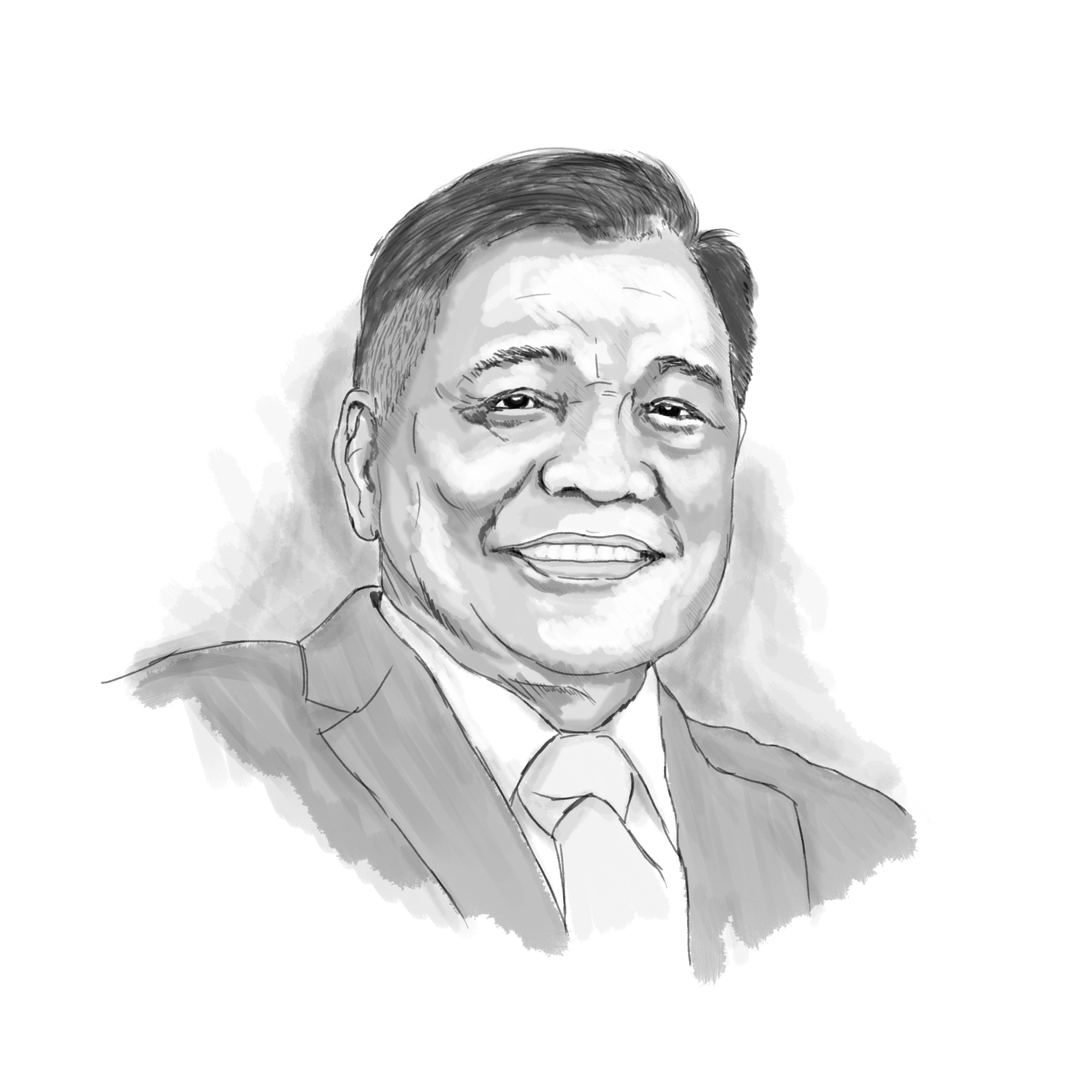FINDING ANSWERS

With today’s start of the eight-day period for filing of certificate of candidacy in the 2025 elections, let me call on Filipinos who are God-fearing, competent, compassionate, and with the right strategy to uplift our country, to offer themselves and run for elective posts.
May I also call on those not satisfied with the reform agenda and action plans of the usual candidates to formulate their own programs and seek out aspirants who will support such programs, or convince highly-capable leaders to plunge into the political fray.
The 2025 midterm elections provide an opportunity for the electorate to push for substantive change, and to break away from entrenched political patterns—with new faces, especially from the youth, civil society, and marginalized sectors, offering a fresh perspective on governance.
The political exercise can be seen as a crucial step toward political renewal, and a chance for the country to embrace new ideas, leadership, and governance styles, amid increasing disillusionment of many Filipinos over traditional politics, particularly with political dynasties and the recycling of familiar political figures.
For so long, political power has been concentrated among a select few, particularly those from wealthy and influential families, or those with significant name recognition. Such concentration of power has stifled political competition, often reducing elections to contests between or among well-known personalities rather than contests of ideas and platforms of governance.
Ours is vastly different from other democracies where potential aspirants undergo rigid public scrutiny through primaries, town hall meetings, and public debates where issues are effectively threshed out and discussed thoroughly, and where candidates’ character can be more keenly assessed.
Here, the process of choosing candidates is based mainly on survey ratings and public perception that many believe can be manipulated, especially nowadays with trolls pervading social media. Candidates are winnable because surveys say so, and because they have resources to mount a well-financed campaign. Programs presented are often good only on paper and are hardly the basis for choosing candidates.
But things may change this time. A two-year-old Supreme Court (SC) ruling, declaring that not being famous and not belonging to a political party are not sufficient grounds to be called a nuisance candidate, could be a gamechanger.
“Declaring one a nuisance candidate simply because he or she is not known to the entire country reduces the electoral process—a sacred instrument of democracy—to a mere popularity contest,” the High Court said in a September 2022 ruling penned by Associate Justice Amy Lazaro-Javier.
“The matter of the candidate being known (or unknown) should not be taken against the candidate but is best left to the electorate,” the SC pointed out in its 20-page decision on the case filed by animal welfare advocate Norman Cordero Marquez.
The SC ruling is vital as it gives a fighting chance to deserving candidates who are not famous or endorsed by political parties. The fighting chance would now depend on how they give the voting public convincing answers to questions like: Are they suited for public office? Do they have a clear grasp of the workings of government? Do they fit the job description of the position they aspire for?
Do their proposals match the elective post in the legislative or executive branch? Will they use public funds with utmost integrity and efficiency? Will they get things done to achieve what matters most especially to the poor: inclusive growth, more jobs and livelihood, housing for the homeless, quality education, quality healthcare, and many more?
Besides the SC ruling, the coming elections will also see significant changes. For the first time, the Comelec will be very transparent about candidates and campaign donations as it has decided to publish in its official website all information the voting public should know.
At the recent Kapihan sa Manila Prince Hotel news forum, Comelec Chairman George Garcia said they have decided to take steps to avoid a repeat of the Alice Go mess and prevent the use of money from POGOs, narcopolitics, and illegal gambling in the elections.
He said the certificates of candidacy of those running for senator down to councilor—disclosing who they really are, where they came from, whether they are natural-born or naturalized citizens—will now be published and may serve as basis for election challenges. Also, info on campaign funds—who donated, how much or what was given, where it was spent, and the like—will be made available in the Comelec website.
With the significant changes, the coming elections may be more conducive to installing Christ-centered, highly-qualified, and deeply-committed aspirants to elective posts that would uplift our country and, ultimately, renew and strengthen people’s faith in government. ([email protected])